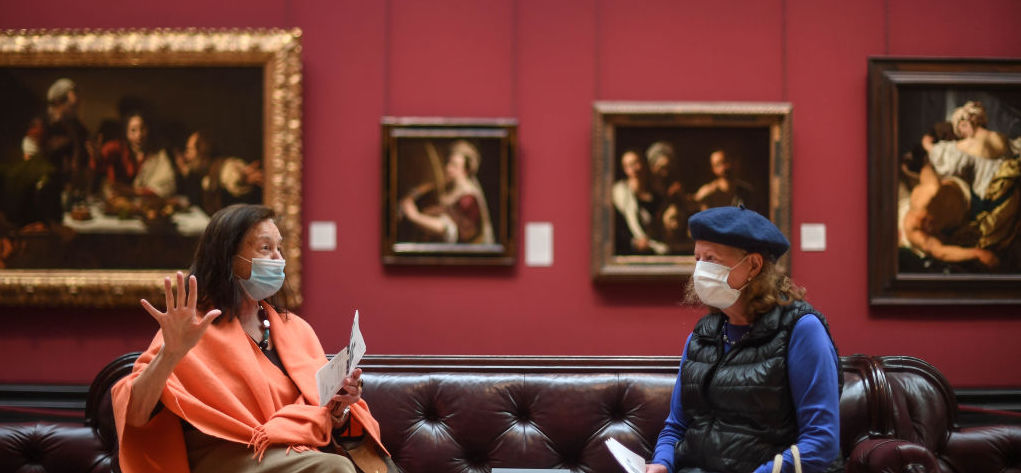Could everyone just shut up, please? Not online, mind. Keep firing off those angry tweets. As for texting, email, etc those are fine too. But when it comes to actual speech, be so good as to stop flapping your gums.
It’s now pretty clear that talking — especially loud talking — helps spread the virus. Every time you speak, shout or sing, you spray droplets from your respiratory tract into the atmosphere, from where they can be inhaled by other people.
Hence, the benefit of keeping your mouth closed. Writing for The Atlantic, Derek Thompson gets some numbers from Professor Jose-Luis Jimenez — an environmental chemist:
Given the size of this effect, I wonder whether national differences in the volume and frequency of vocal communication help to explain variations in the spread of Covid?
I realise there’s a danger here of stereotyping entire nations, but it doesn’t take an anthropologist to detect some obvious cultural differences. If we confine our comparisons to Europe and North America, one can’t help but contrast the loud-and-proud Americans and loquacious Italians to the taciturn Nordics. Germans, too, are not given to small talk, while we Brits will say anything to fill an awkward silence.
I’ll admit I can offer no hard evidence to support these generalisations. In any case, it wouldn’t be easy to construct a robust index of national chattiness — especially one specific to the contexts in which the virus is most likely to be transmitted. Nevertheless, it doesn’t seem unreasonable to suppose that a culture that develops in a warm or mild climate is more inclined to public conversation. One might also suppose that America — land of the free and of wide-open spaces — has not only allowed, but required, its people to speak up.
If vocal behaviour does have any bearing on the spread of Covid and severity of infection, then obviously it’s just one factor among many. But like other big national differences — for instance in the number of people who live alone or obesity levels — it’s worth bearing in mind.
When, eventually, we look back on all of this, I think we may be surprised just how little the fortunes of each nation had to do with government policy.
Of course, you may disagree — just don’t scream and shout about it.











Join the discussion
Join like minded readers that support our journalism by becoming a paid subscriber
To join the discussion in the comments, become a paid subscriber.
Join like minded readers that support our journalism, read unlimited articles and enjoy other subscriber-only benefits.
Subscribe